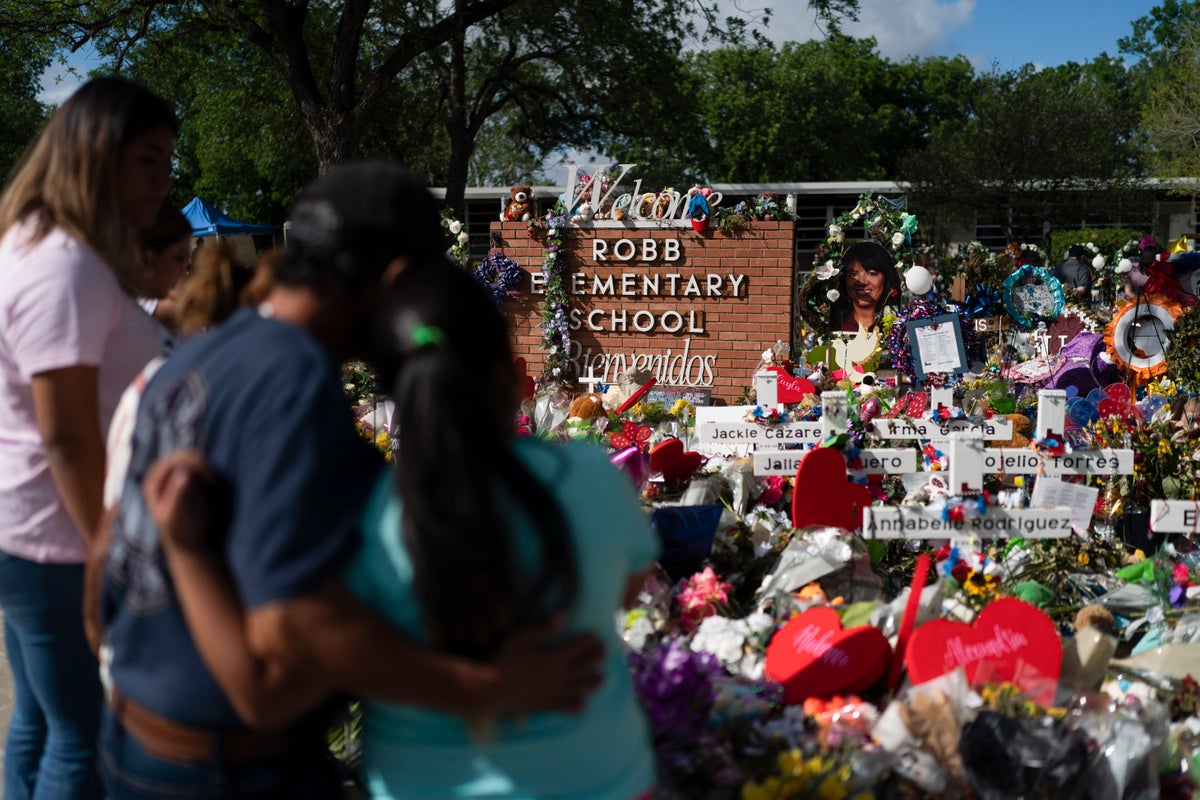
A legislative committee investigating the deadly shooting at a Texas elementary school last month is set to hear more testimony from law enforcement officers on Monday.
State Rep. Dustin Burrows, who is chairing the committee investigating the shooting at Robb Elementary School in Uvalde, said they would hear more witness testimony from the Uvalde Police Department, in addition to speaking with another officer from the school district police and a member of the Department of Public Safety.
“We want to at least compliment all the law enforcement agencies for being cooperative and providing the witnesses we have asked for,” said Burrows, a Republican from Lubbock.
After Burrows' opening statements during the committee hearing in Uvalde, the committee went into executive session, blocking the public from hearing witness testimony.
Last Thursday, Burrows signaled impatience with the Uvalde Police Department, saying it was unclear whether they would testify voluntarily before the panel. But he said Friday that Uvalde police officials had agreed to speak with the committee.
Burrows said that testimony would continue on Tuesday in Austin. He said he hoped to provide information on when at least a preliminary report would be released to the public.
An 18-year-old gunman killed 19 students and two teachers at the school on May 24. Questions about why police did not confront and kill the gunman for more than an hour, even as anguished parents outside the school urged officers to go in and panicked children called 911 from inside.
Law enforcement officials have provided little or conflicting information since the shooting, sometimes withdrawing statements hours after making them. Officials have declined to offer details, citing ongoing investigation.
Some are concerned that Texas officials will use a legal loophole to block records from being released — even to the victims’ families — once the case is closed. The law’s exception protects information from being released in crimes for which no one has been convicted. The Texas Attorney General’s Office has ruled that it applies when a suspect is dead.
Officials also haven’t released records sought under public information laws to media outlets, including The Associated Press, often citing broad exemptions and the ongoing investigation. It has raised concerns about whether such records will be released, even to victims’ families.
Others interviewed behind closed doors by the committee include school staff.
Burrows has defended the committee interviewing witnesses in private and not revealing their findings so far, saying its members want an accurate account before issuing a report.







